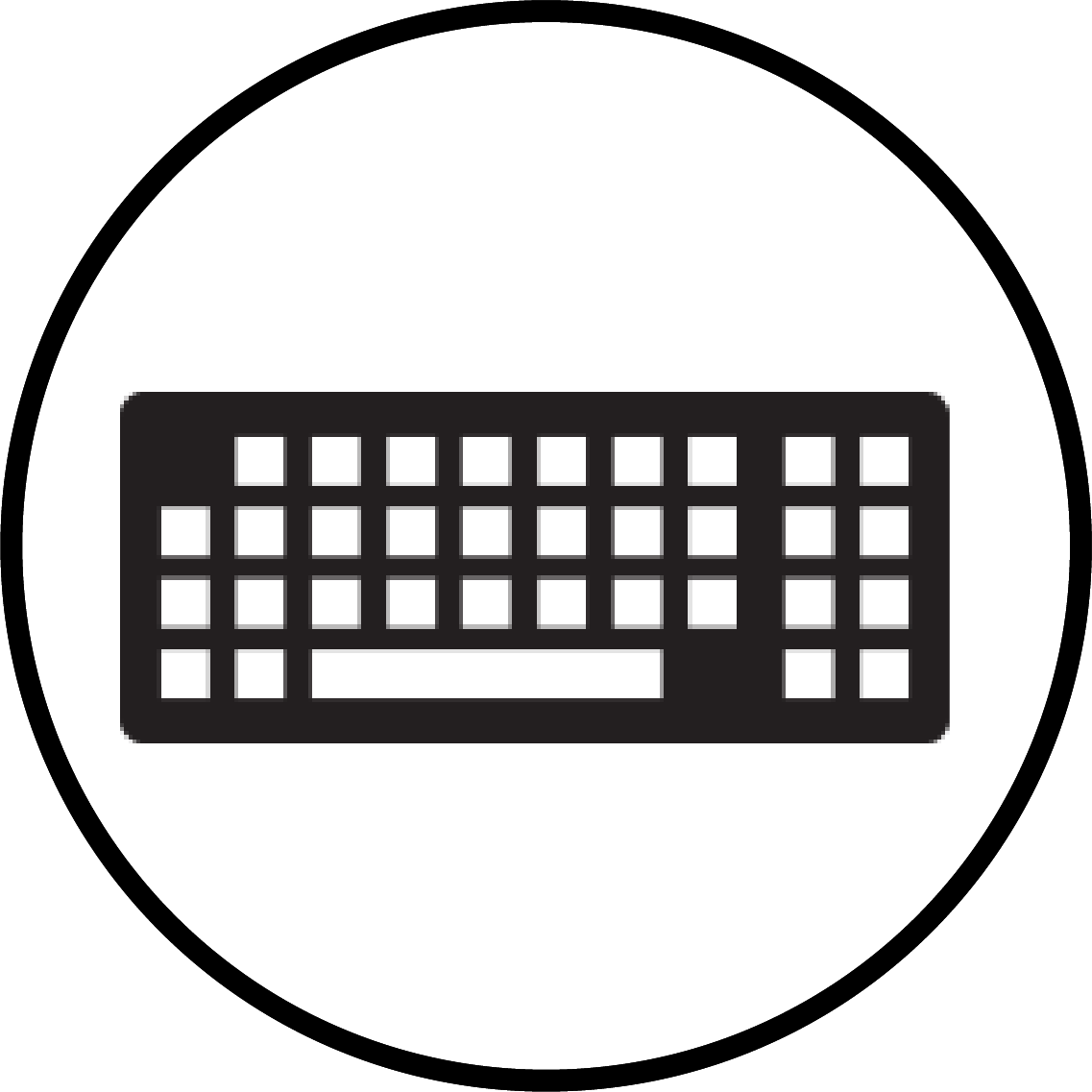The Mossawa Center last week sent a letter to the Director General of the Ministry of Finance, Shai Badad, outlining the effects of systemic discriminatory allocation of the state budget to the Arab community, and the need to address such inequality in 2019 for the sake of the growth of the Israeli economy. The Mossawa Center reiterates the message of multiple financial institutions around the world - including the Organisation for Economic Cooperation and Development (OECD) - that recommend significant changes in economic priorities in order to integrate the Arab population not only to strengthen growth but to ease existing social tensions. In addressing various ministries, the Mossawa Center makes the following recommendations that, all together, will require an additional NIS 2 billion to adequately address the social gaps created after years of systematic state-imposed economic inequality.
The Ministry of Economy needs to allocate NIS 350 million to establish industrial zones, increase overall employment, and resolve the issue of a lack of industrial zones. Alongside this allocation, a further NIS 200 million needs to be invested into encouraging the employment of women and youth. The plight of young people in the Arab community is directly tied to investment from the Ministry of Education. NIS 300 million is required to close the gaps in teaching hours between Jewish and Arab students. In addition, the budget needs to take into consideration the lack of classrooms for Arab students, and the systemic neglect of their maintenance due to inadequate funding. Despite the government decision to build 17,000 new classrooms throughout the country, it is unclear how many of these will be built in Arab communities.
Discrimination in budgetary allocations in Israel directly affects family life for the Arab community, with a shortage of daycare centers for young children making a return to work impossible for new mothers. In 2017, thirty Arab villages completed the planning process for the construction of new daycare centers, however, only eleven were budgeted for in 2017. The Mossawa Center states that NIS 200 million is required to complete the construction of planned daycare centers that will also address the issue of low employment rates among Arab women. This erosion of family support widens with an urgent need to strengthen social services and tackle poverty amongst the most needy in Arab society. Half of the Arab population in Israel is living below the poverty line. An allocation of NIS 200 million is required to address the shortage of social workers and to improve the quality of services currently available. Many of these services are not even available to the poorest families living under the poverty line. The same amount is needed to resolve the gaps in healthcare.There is an urgent need for hospital beds in the Nazareth district as well as, greater support for emergency services, more investment in genetic testing and the availability of specialists and the latest medical technology. The gaps in health services are affecting overall quality of life, with high infant mortality rates and illness. In 2016, the National Insurance Institute recorded a decline in the poverty data for the first time. This small decline is a result of the support provided to social centers by larger central organisations, as well as a marked improvement in employment integration. Strengthening these central organisations and expanding the ‘Breathing for Welfare’ programme will reduce poverty and improve overall economic growth.
Other important areas of daily life in urgent need of increasedbudgetary allocation include NIS 100 million required from the Ministry of Agriculture to improve the livelihoods of farmers in the Arab community. The Ministry has a total budget of more than NIS 1 billion, none of which has been shared with Arab farmers.
An allocation of NIS 500 million is also required from the Ministry of Transportation to reduce evident and sometimes life thretening discrepancies in transportation infrastructure between and within Arab localities. The government budget allocated by Decision 922 does not address the deterioration of roads and highways, with entire neighbourhoods and towns lacking any kind of public transportation. The Ministry of Transportation must also connect large Arab communities like those in the Nazareth district, Umm al-Fahm, Taibeh and Sachnin to a train connection.
Due to the legal status of unrecognised villages in the Negev/Naqab region, these communities are denied connection to basic infrastructure as well as access to health care and other public services. Despite the establishing of two regional councils, the communities still do not have access to roads, water, electricity and schooling. Thirty villages with populations between hundreds and thousands still are not recognised, even if these communities claim less than 3% of the Negev land. NIS 500 million is required to connect these villages to essential infrastructure, and fulfill the right of these communities to access the basic means shared by others in Israel. Indeed, the Mossawa Center demands these amounts to reach an equitable economic distribution to not only improve the lives of the Arab community in Israel - 20% of the country’s entire population - but to offer them the rights shared by other citizens of Israel, and address the economic problems affecting the entire country.

























